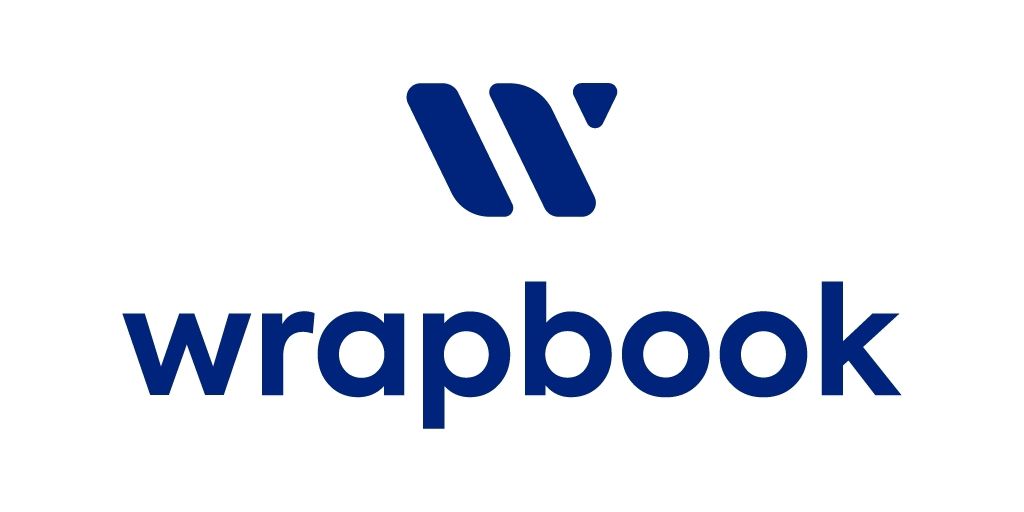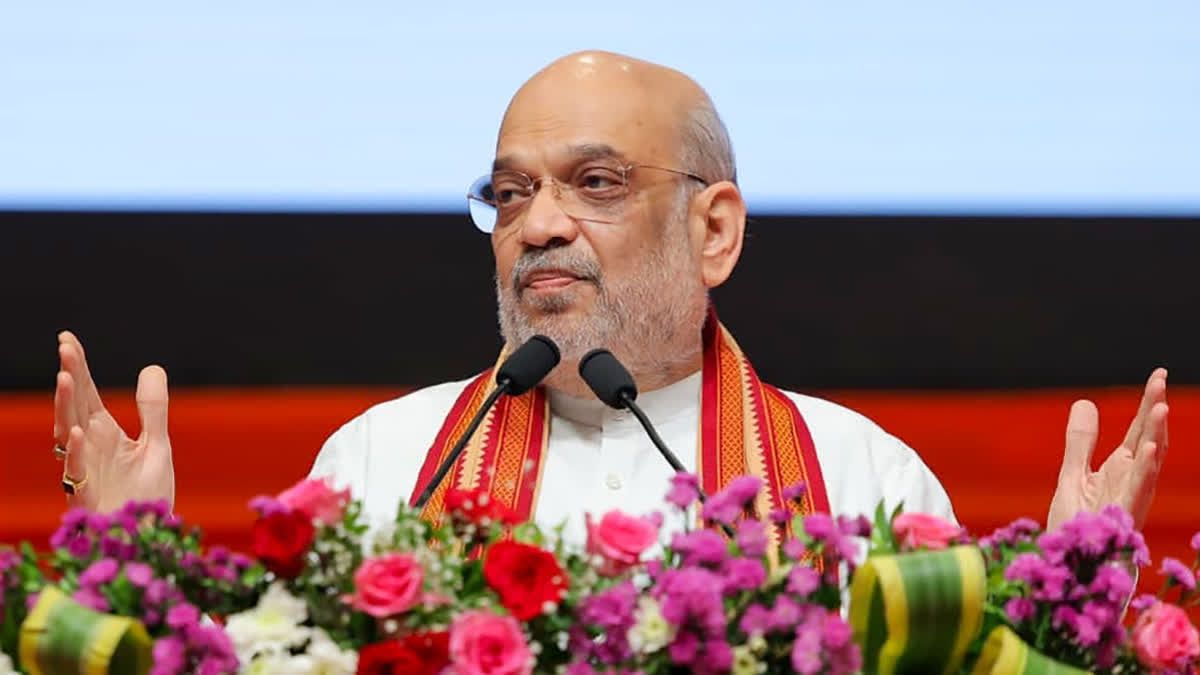 Image Source: Crunchbase
Image Source: Crunchbase
In a significant development that underscores the ongoing challenges of workplace equity in tech startups, an Indian American woman has tentatively settled a discrimination lawsuit against Wrapbook, a US-based entertainment payroll and production management platform. The case, which drew attention for its allegations of racial bias, workplace retaliation, and systemic exclusion, is now poised for resolution pending final court approval.
The plaintiff, whose identity remains confidential due to legal sensitivities, filed the suit earlier this year in a California district court, alleging that she faced discriminatory treatment based on her ethnicity and gender while employed at Wrapbook. The tentative settlement, reached in mid-September 2025, includes undisclosed financial compensation and commitments to internal policy reforms.
Key Highlights from the Case
The lawsuit alleged racial and gender-based discrimination, including exclusion from leadership discussions and denial of promotion opportunities.
The plaintiff claimed she was retaliated against after raising concerns about biased performance reviews and unequal pay.
Wrapbook has not admitted wrongdoing but agreed to settle to avoid prolonged litigation and reputational damage.
The settlement includes provisions for diversity training, third-party audits, and a review of internal HR protocols.
Background and Allegations
Workplace Bias and Exclusion
The plaintiff, a mid-level manager with over a decade of experience in tech and media, alleged that she was consistently sidelined from strategic meetings.
Despite positive performance metrics, she was passed over for promotions while less experienced colleagues advanced.
Her concerns about pay parity and biased feedback were reportedly dismissed by senior leadership.
Retaliation and Hostile Environment
After formally raising her grievances with HR, the plaintiff claimed she faced retaliation in the form of reduced responsibilities and exclusion from projects.
She was eventually placed on a performance improvement plan, which she argued was unjustified and punitive.
The lawsuit cited internal communications and peer testimonies to support claims of a hostile work environment.
Wrapbook’s Response and Settlement Terms
Wrapbook, founded in 2018 and backed by venture capital firms, has grown rapidly in the entertainment tech space.
In its official response, the company denied all allegations but expressed a desire to resolve the matter amicably.
The tentative settlement includes a financial payout, estimated by legal analysts to be in the mid six-figure range.
Wrapbook has agreed to implement diversity and inclusion training for all employees and conduct annual equity audits.
Broader Implications for Tech Startups
The case highlights the growing scrutiny of workplace culture in startups, especially those scaling quickly with venture funding.
Legal experts note that discrimination suits are increasingly being filed by women and minorities in tech, reflecting deeper systemic issues.
Companies are being urged to adopt transparent promotion criteria, equitable pay structures, and inclusive leadership practices.
Legal and Social Commentary
Employment lawyers have praised the tentative settlement as a step toward accountability, though they caution that real change requires sustained effort.
Advocacy groups have called for Wrapbook and similar firms to publish diversity metrics and establish grievance redressal mechanisms.
The case adds to a growing list of discrimination lawsuits in Silicon Valley, including recent settlements involving Google and Meta.
Conclusion
The tentative settlement between the Indian American plaintiff and Wrapbook marks a critical moment in the fight for workplace equity in tech. While financial compensation offers closure, the real victory lies in the policy reforms and cultural introspection it may inspire. As startups continue to shape the future of work, ensuring fairness and inclusion must remain at the heart of their growth story.
Sources: The Economic Times, Law360, California Employment Law Journal, Wrapbook Official Statement (September 2025)
Advertisement
Advertisement






